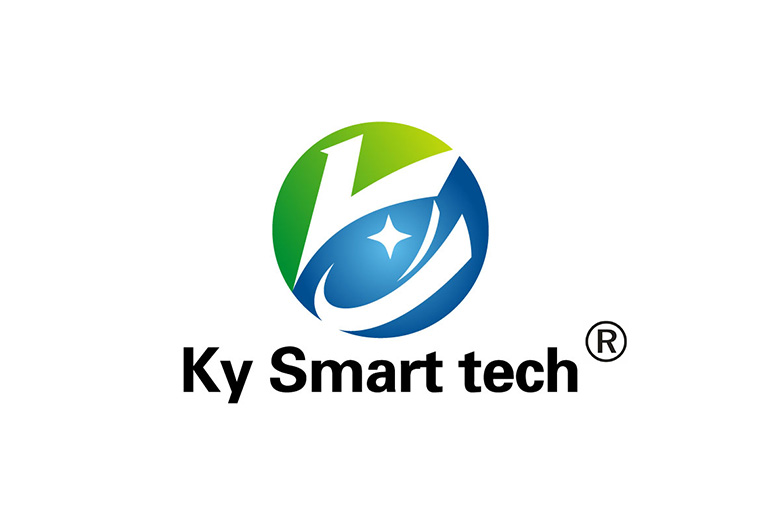In the world of energy storage, batteries play a crucial role in powering our everyday lives. With the increasing demand for renewable energy sources and electric vehicles, the need for high-performance batteries has never been greater. Two contenders in this arena are the 75Ah sodium ion battery and the 100Ah lithium battery. Let’s take a closer look at these two technologies and see how they stack up against each other.
Sodium ion batteries have been gaining attention as a potential alternative to lithium-ion batteries. One of the key advantages of sodium ion batteries is the abundance of sodium, which makes them a more sustainable and cost-effective option. Additionally, sodium ion batteries can offer a higher energy density compared to lithium-ion batteries, potentially providing longer-lasting power in a smaller package.
On the other hand, lithium batteries have been the dominant force in the energy storage market for years. Their high energy density, long cycle life, and fast charging capabilities have made them the go-to choice for many applications, including electric vehicles and grid storage systems. The 100Ah lithium battery, in particular, offers a larger capacity, making it suitable for high-demand applications that require sustained power output.
On the other hand, lithium batteries have been the dominant force in the energy storage market for years. Their high energy density, long cycle life, and fast charging capabilities have made them the go-to choice for many applications, including electric vehicles and grid storage systems. The 100Ah lithium battery, in particular, offers a larger capacity, making it suitable for high-demand applications that require sustained power output.
When comparing the two, it’s important to consider factors such as energy density, cycle life, cost, and environmental impact. While sodium ion batteries show promise in terms of sustainability and energy density, they are still in the early stages of development and may not yet match the performance of lithium batteries. Lithium batteries, on the other hand, have a proven track record and are continuously improving in terms of cost and sustainability.
Ultimately, the choice between a 75Ah sodium ion battery and a 100Ah lithium battery will depend on the specific requirements of the application. For those looking for a more sustainable and potentially higher energy density option, sodium ion batteries may be worth considering. However, for applications that demand high performance and reliability, lithium batteries remain the top choice.
As technology continues to advance, both sodium ion and lithium batteries will likely see further improvements, making them even more competitive in the energy storage market. Whether it’s sodium ion or lithium, the future of energy storage is bright, with both technologies playing a vital role in powering the world towards a more sustainable future.
Post time: Jul-27-2024
